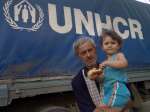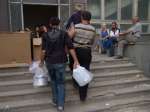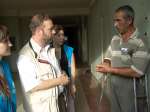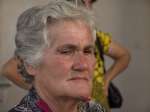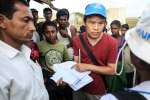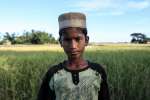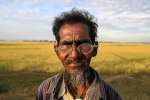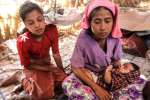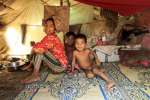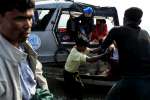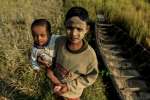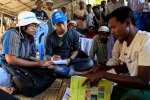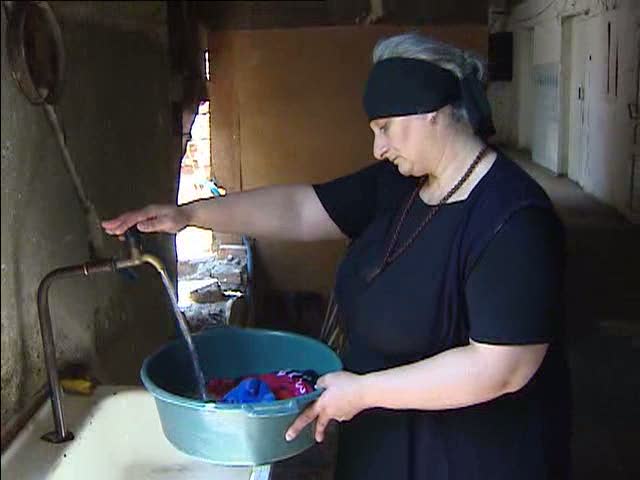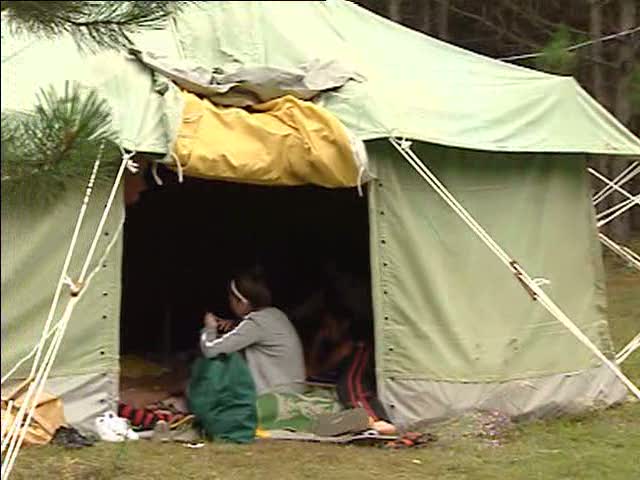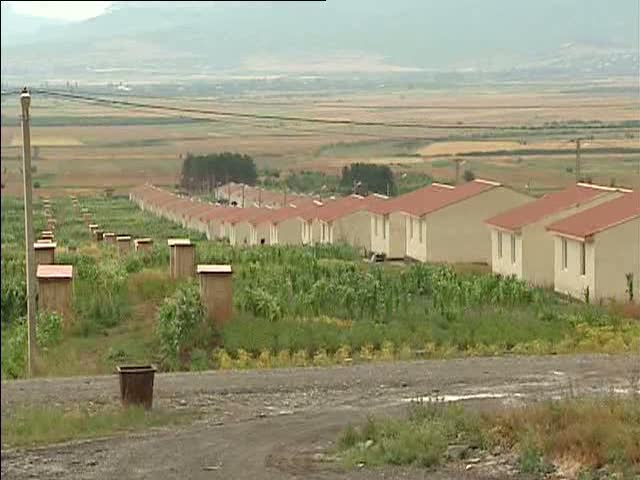Georgia's long-standing IDPs want international help too
News Stories, 20 November 2008
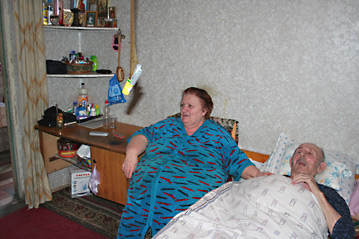
BORJOMI, Georgia, November 20 (UNHCR) – As donors continue to respond generously to calls to help the tens of thousands of people displaced by conflict in Georgia last August, ethnic Georgians displaced some 15 years ago fear that they are being overlooked.
"Our heart is with the [newly] displaced. We know from experience what that means," said Ilya, one of 400 ethnic Georgian inhabitants who have been living in a former spa in the central Georgian resort town of Borjomi since fleeing their homes in the breakaway region of Abkhazia in 1993. "We see how the world is rushing to help them," the 72-year-old said, adding: "What about us?"
Peter Nicolaus, UNHCR's representative in Georgia, agrees that while the international community has given generously to help the Georgians displaced by the conflict in August over another breakaway region, South Ossetia, donors have neglected the needs of the more than 100,000 long-standing internally displaced people (IDPs). Many live in appalling conditions.
But Nicolaus believes that having the international spotlight on Georgia is an opportunity to build on UNHCR's persistent lobbying work over the years – and there have been some positive recent developments, including a pledge to build more accommodation for these IDPs.
"For 15 years we were facing donor fatigue and UNHCR had insufficient means to assist the old IDPs. Now is the time to make use of the renewed humanitarian interest in Georgia for the benefit of all IDPs," Nicolaus said, adding: "What counts are their needs, not their date of displacement."
These needs are great. The tsarist-era spa-turned-IDP-centre where Ilya and his frail wife Riano live, has certainly seen better times. "The stench is unbearable here," resident Marina told visitors to the once elegant hilltop building. "Look, the sewage pipes are broken and the waste water oozes through the walls," added the 43-year-old Georgian, who fled the Abkhazia capital of Sokhumi in 1993.
The dilapidated IDP centre, known locally as the Sanatorium, hosts the most vulnerable cases, including the elderly, the bed-ridden, the mentally ill and single mothers with their children. Marina noted that the residents were totally dependent on assistance. "Everybody who could find employment left long ago."
There are many more such IDP centres around the country, hosting mainly ethnic Georgians who fled their homes in Abkhazia and South Ossetia in the early 1990s. They each receive 28 Lari (US$20) a month from the government, barely enough to cover food, let alone electricity, firewood, health care and education costs.
But the renewed focus on Georgia since August has helped move things forward for these IDPs. "The Georgian government has asked UNHCR to convert three collective centres in Senaki, western Georgia, into apartment blocks and agreed to hand over ownership rights to the IDPs. Other projects in Gori and Tbilisi are being considered," Nicolaus revealed.
The needs of Georgia's long-standing IDPs was already in the spotlight before the August conflict because UNHCR had chosen Georgia earlier this year as one of eight pilot countries for its Global Needs Assessment (GNA).
The GNA, which will be extended to all UNHCR operations next year, aims to comprehensively map the real state of the world's refugees and people of concern to the refugee agency – and to seek donations on this basis. Under the pilot needs assessment exercise, UNHCR is seeking funding of US$28 million for its Georgia operation in 2009.
But this comes as little cheer to the inmates of the Sanatorium as they prepare for another winter with no home of their own. "I am so tired of broken pipes, cockroaches and crumbling walls," said Marina, who has given up hope of ever returning to her large family home in Sokhumi. "If I only had two clean rooms for myself, my children and my elderly parents, I would feel like a decent human being again."
By Melita H. Sunjic in Borjomi, Georgia

























